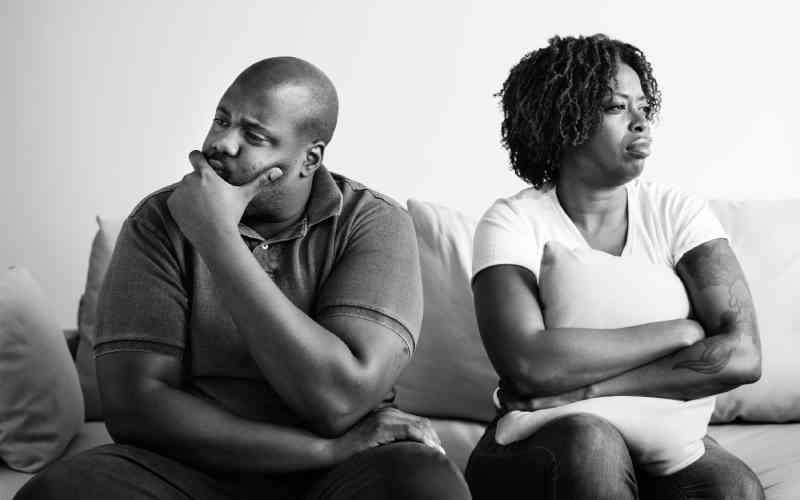×
The Standard e-Paper
Join Thousands Daily

Max* a 45-year-old tech professional, finds himself burdened by a double life. Struggling financially and emotionally, he is caught between his wife Clara, their two children, and another family from an affair two years ago.
Every other day, he receives calls and messages from Lisa, the mother of his third child, demanding more money and threatening to reveal everything to the wife.